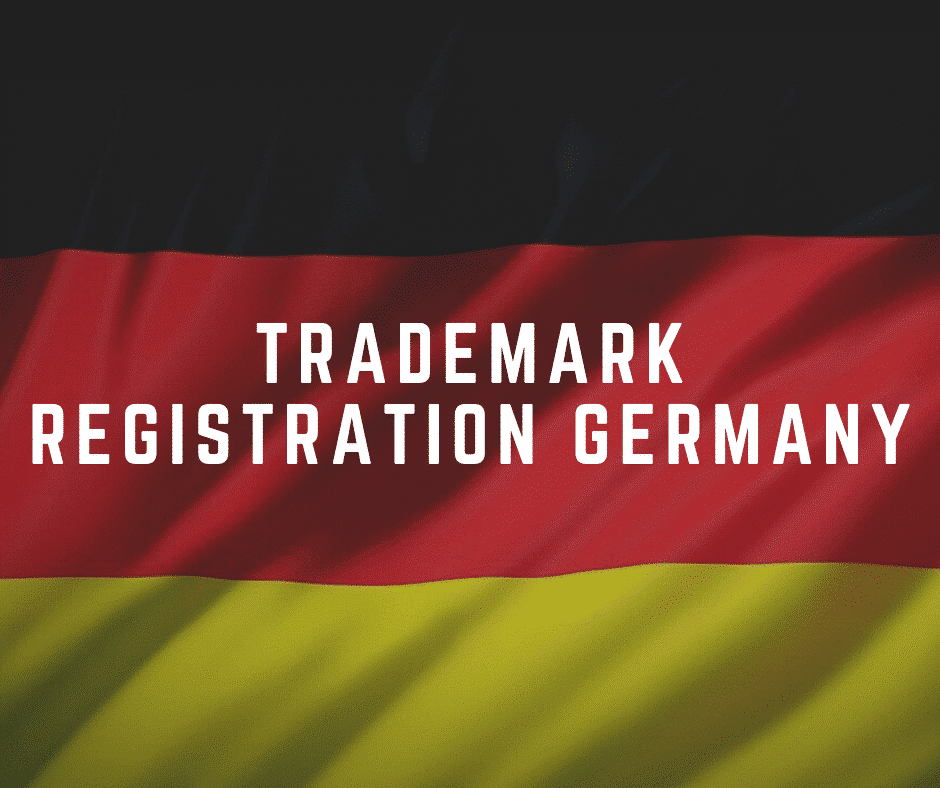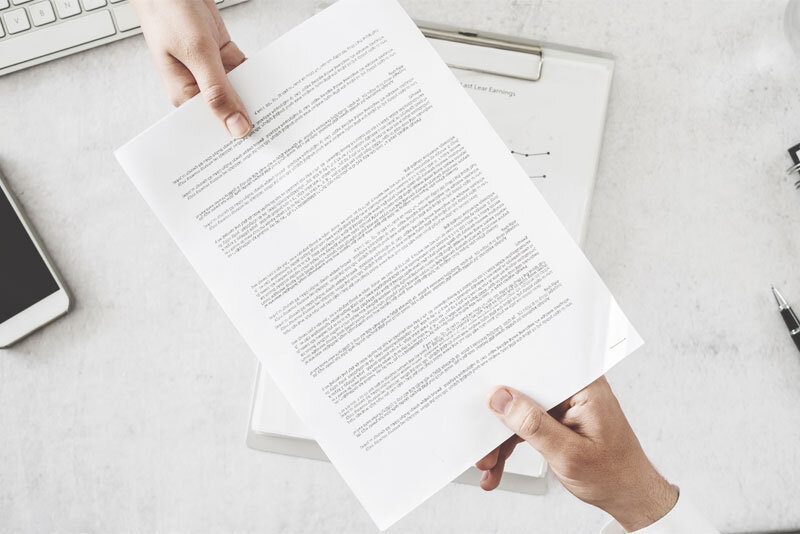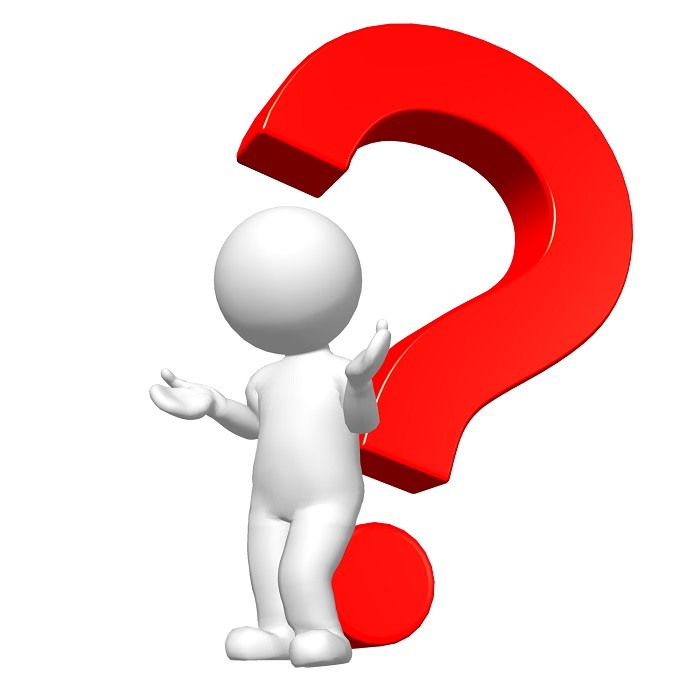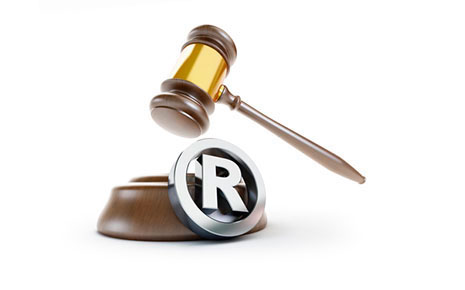Would you talk with someone in our company regarding any issues? Just drop us a line!
But don’t rush to rejoice. Third parties have three months to challenge the trademark registration in Germany. They can file an objection.
Individuals, legal entities, and interested parties can own their trademarks. If you are not a sole proprietor, you can still create trademark in Germany and register. And this does not require owning your brand in the country of origin.
You will not be able to register a trade mark if it:
| It includes four stages: | |
|---|---|
| 1. Submitting an application
|
The application and documents must be submitted to the DPMA, the German trademark and patent office. In this case, you must be represented by a local lawyer or a patent attorney by proxy. It must be completed according to a template specially approved in Germany.
|
| 2. Examination of the application
|
This is carried out after applying. The examination reveals the existence of grounds for refusal. The trademark itself will also be checked for similarities with already registered objects.
|
| 3. Trademark registration
|
If there are no complaints, the trademark will be entered into the German national register, DPMAregister. However, please note that entry into the register is impossible until a publication appears in a trademark journal. The magazine is called Markenblatt and is published weekly on Fridays. Once the trademark is entered into the register, the applicant will be issued a certificate of registration.
|
But don’t rush to rejoice. Third parties have three months to challenge the trademark registration in Germany. They can file an objection.

Would you talk with someone in our company regarding any issues? Just drop us a line!
The registration period is short – from 6 to 12 months. The certificate is issued for ten years. The period is calculated from the date of submission of documents for registration. If the certificate expires, it can be extended. The number of renewals is unlimited. The main thing is to pay the fee on time. The extension period is the same – 10 years.
Please note that in Germany, certain trademarks are registered: verbal, visual, three-dimensional (expressed in three-dimensional form), and sound.
Therefore, please indicate in your application:
image of the trademark (letter, graphic, or combined);
color (multi-colored or black and white);
applicant’s details;
list of services or goods. It must comply with the ICLG. Remember that the list is presented by class and not by their names.

Would you talk with someone in our company regarding any issues? Just drop us a line!
The most common types of trademarks in Germany are verbal, symbolic, and combined.
Apart from these three, it is also possible to register a trademark containing colors, holograms, multimedia marks, sounds, and 3D characters.
As in other countries, a TM is registered for specific goods or services in Germany. You protect your brand exclusively for the goods you produce or services you provide. A complete list of them is contained in the international classifier. As elsewhere in the world, Germany has the Nice classification. There are 45 classes in total. Each class contains a list of terms. They cover all goods or services included in this class:

One of the main requirements for a trademark is its uniqueness, which will distinguish it from competitor brands. In addition, the trademark must not violate the rights of third parties. You need to check if anyone has registered a similar trademark for the same or similar goods or services. For this purpose, searching and checking the trademark in the trademark database is necessary.
If the verification is successful, you can apply for registration. After registering your TM in Germany, you should regularly search for new registrations of other marks to be able to act against identical trademarks.

Trademark registration in Germany requires careful attention to detail and strict adherence to the guidelines set by the DPMA. The DPMA Deutsche Patent- und Markenamt provides all necessary forms and guidelines for filing applications. Submitting documents in the correct manner is crucial to avoid rejections.
Once you have submitted your application to the DPMA, the examination process begins. The DPMA thoroughly reviews each aspect of the application to ensure the trademark meets all requirements. It is especially important to ensure your trademark is unique and does not infringe on the rights of third parties. The DPMA Deutsches Patent- und Markenamt has a comprehensive database where you can check for existing similar trademarks. This helps prevent situations where your trademark might be rejected due to similarities with already registered marks.
If the examination is successful, the DPMA will enter your trademark into the national register. This stage is crucial as the registration becomes official only after publication in the Markenblatt journal. The journal is published weekly on Fridays. Once listed in the register, the DPMA issues a certificate of registration, confirming your exclusive rights to use the trademark.
However, the process does not end there. Third parties have three months after publication to file objections against the registration. The DPMA reviews these objections and decides on the trademark’s future. This is an important stage as it protects your trademark rights from potential infringements.
Additionally, remember the need to renew the registration. The certificate is valid for ten years but can be renewed an unlimited number of times. The key is to pay the fees on time. The DPMA Deutsches Patent- und Markenamt provides detailed information on renewal procedures and required documents.
Trademark registration in Germany is a complex process requiring attention to detail and strict adherence to DPMA rules. It is important to note that the DPMA Deutsche Patent- und Markenamt and DPMA Deutsches Patent- und Markenamt are always ready to provide consultations and assistance at every stage. Using the services of professional lawyers and patent attorneys helps avoid mistakes and speeds up the registration process.
In conclusion, registering a trademark through the DPMA is not only a legal formality but also a crucial step in protecting your brand in one of the largest markets in Europe. Adhering to all DPMA requirements and thoroughly preparing documents will ensure successful and reliable ownership of your trademark in Germany.
Registering a trademark in Germany provides legal protection for your brand, preventing others from using it without permission. It helps safeguard your intellectual property, ensuring your brand is uniquely associated with your products or services. A registered trademark enhances brand recognition, consumer trust, and the overall value of your business. It also allows you to take legal action against infringers, securing your market position. Furthermore, having a registered trademark can be crucial if you plan to sell your company, enter new markets, or expand your product range, as it signifies a reputable and protected brand.
The trademark registration process in Germany involves four key stages:
In Germany, individuals, legal entities, and interested parties can register a trademark. This includes private individuals, companies, and organisations, regardless of whether they are based in Germany or abroad. Foreign applicants must submit their applications through an accredited patent attorney or lawyer in Germany. This inclusive policy ensures that businesses of all sizes and from any location can protect their intellectual property in the German market, provided they comply with local legal requirements and application procedures.
In Germany, various types of trademarks can be registered, including:
To register a trademark in Germany, you need to provide:
A trademark registration application in Germany can be refused if:
The trademark registration process in Germany typically takes 6 to 12 months. After submitting your application, the DPMA conducts an examination and publishes the trademark if approved. There is then a three-month period for objections. If no objections are raised or resolved, the trademark is registered, and a certificate is issued. The registration is valid for ten years from the date of submission, with unlimited renewals available, provided the renewal fees are paid on time.
If an objection is raised during the three-month period following the publication of your trademark application, the parties involved have two months to reach a settlement. Possible resolutions include modifying the trademark to address the objection or negotiating an agreement with the party filing the objection. If a settlement cannot be reached, the DPMA will review the objection and make a final decision. Addressing objections promptly and seeking legal advice can help resolve disputes efficiently and secure your trademark registration.
In Germany, a trademark registration is valid for ten years from the date of submission. You can renew the registration indefinitely, with each renewal extending the protection for an additional ten years. To maintain the validity of your trademark, ensure that renewal fees are paid on time. Regular renewals ensure continuous protection of your trademark, preventing others from using your brand and maintaining its value and recognition in the market.
Would you talk with someone in our company regarding any issues? Just drop us a line!